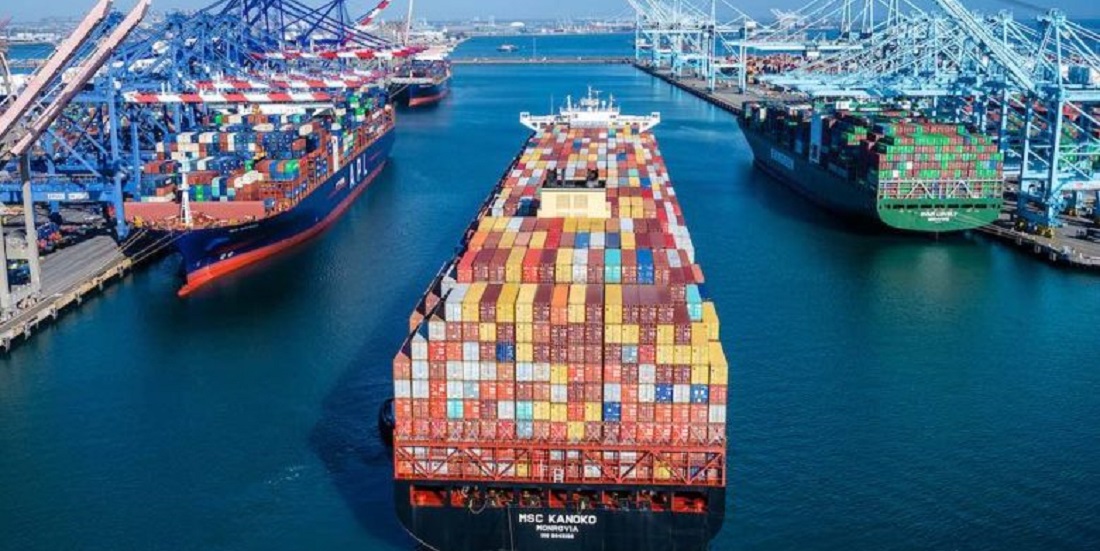
US suppliers, importers prepare for promised Trump tariffs
Nov, 07, 2024 Posted by Gabriel MalheirosWeek 202444
Some U.S. businesses are activating plans to protect their businesses from President-elect Donald Trump’s promise to slap new and potentially hefty tariffs on a wide swath of goods from countries including China and Mexico – the top U.S. trading partners.
Trump proposed a 10% tariff on all U.S. imports and a 60% levy on Chinese-made products, which if enacted would affect the entire economy by pushing consumer prices higher and stoking retaliatory levies on American exports. Trump also threatened to impose a 25% tariff on all imports from Mexico.
Economists warn that Trump’s tariff plans, likely his most consequential economic policy, would push U.S. import duty rates back up to 1930s-era levels, stoke inflation, collapse U.S.-China trade, draw retaliation and drastically reorder supply chains.
Hong Kong-based M.A.D. Furniture Design will ramp up by 50% shipments of its Chinese-made, modern-style chairs, tables and lighting to its Minneapolis warehouse “to buy ourselves some time to react after the election,” co-founder Matt Cole said.
In Chicago, Joe & Bella co-founder Jimmy Zollo already has quadrupled orders for the online retailer’s best-selling Chinese-made shirts and doubled orders for its most popular pants for adults who have trouble dressing themselves due to arthritis, dementia or being in a wheelchair. “Given the uncertainty around tariffs, we wanted it delivered before Chinese New Year” on Jan. 29, Zollo said of that merchandise.
That’s because Chinese factories close for two to four weeks to give workers a chance to travel home for New Year festivities with their families. When work resumes, orders from small businesses like Zollo’s often get pushed to the back of the line, he said.
During his 2017-2021 presidency, Trump imposed waves of tariffs on products like steel, washing machines, solar panels and consumer goods from China. U.S. importers responded by rushing in goods ahead of those tariffs.
This time, Trump’s new proposal affects far more goods and U.S. seaports could get swamped if U.S. businesses repeat the early import strategy known as front-loading.
That protective measure requires substantial resources to cover the cost of goods and extended storage, business owners told Reuters.
As a result, some small business owners are opting out.
“We are not ordering goods early given the overhead of storage, expedited shipping, and other associated costs,” said Hilla Hascalovici, CEO of New York-based Periodally, which sells Chinese-made heating patches for menstrual cramps that employers stock in bathrooms next to the pads and tampons.
Campaign promises can diverge from the policies enacted once a president takes office, said Max Lemper-Tabatsky, co-founder of Denver-based Oaktree Memorials, which sells cremation urns made in Asia and Europe.
“Rather than committing substantial capital upfront based on hypothetical tariff scenarios, we are opting for a wait-and-see approach,” he said.
Alan Baer, president of OL USA, which handles freight shipments for clients, expects that Trump will follow through on at least part of his plan.
“Tariffs in shipping are bad no matter how you look at it,” said Baer, who added that Trump’s win likely means his firm could “have less stuff to move and need less people.”
Reporting by Lisa Baertlein in Los Angeles and David Kirton in Shenzen; Editing by Paul Simao
Source: Reuters
-
Trade Regulations
Sep, 15, 2020
0
WTO DECIDES IN CHINA’S FAVOR IN RULING ON 2018 USA IMPORT TARIFFS
-
Meat
Jan, 09, 2024
0
Chinese Inspection Targets 28 Brazilian Meatpackers in Virtual Auditing Drive
-
Meat
Apr, 25, 2023
0
Frigol-owned meat processing plant gains export qualification for Singapore
-
Other Logistics
Jun, 18, 2024
0
MRS posts 32% higher net revenue in first quarter 2024



